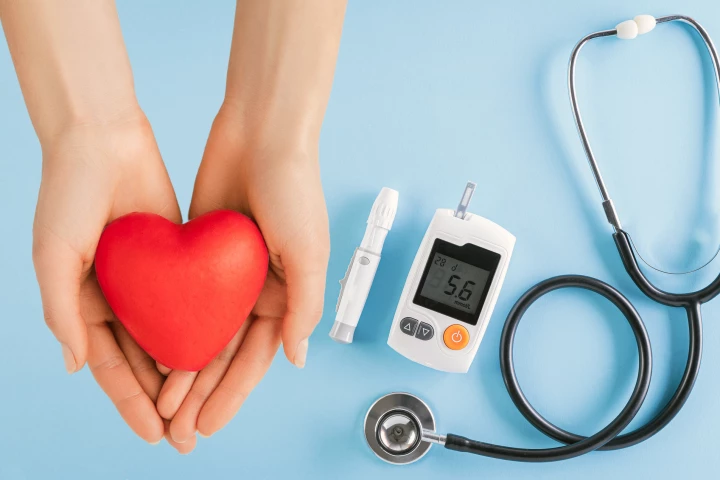Heart Disease
-
Aspartame has long been marketed as a guilt-free alternative to sugar in products like Diet Coke and sugar-free Jell-O. However, the sweetener has now been linked to an increased risk of heart attacks in mice. Should you ditch your fizzy drinks?
-
A new study has found that eating between one and six eggs each week significantly reduces the risk of dying from any cause but particularly from heart disease – even in people who have been diagnosed with high cholesterol levels.
-
Most people know that body fat stored around the midsection can spell disaster for cardiovascular health. But Harvard researchers have now discovered another problematic fat-storage location in the body that's been largely overlooked.
-
From fighting memory decline to warding off some cancers, drinking coffee continues to emerge as a way to improve your health. Now, a new study says that the time of day during which you drink your daily brew is key to boosting some of its effects.
-
A naturally occurring fat molecule reduced heart inflammation and scarring caused by diabetes, thereby improving cardiac function, according to new research. The findings open the door to developing a new treatment for diabetes-induced heart disease.
-
In an analysis of the sleep habits of over 72,000 people, researchers identified a particular pattern that can dramatically spike the risk of major cardiovascular problems. The good news is that the pattern is relatively easy to avoid.
-
Sticky plaques building up on the walls of your blood vessels can lead to heart attacks and strokes. Now, a new nanoparticle infusion therapy has been found to break down these plaques safely in tests in pigs.
-
Smoking, obesity, and stress. They're all common causes of damaging cardiac events. However, a just-published study says a new culprit should be added to the list of the risks that can hurt our hearts: constipation.
-
For the first time, the fully mechanical heart made by BiVACOR, which uses the same technology as high-speed rail lines, has been implanted inside a human being. The feat marks a major step in keeping people alive as they wait for heart transplants.
-
It turns out that blasting people with shockwaves during open-heart surgery is a really good idea. That's what researchers found who used the technique to reactivate heart cells and improve the post-op lives of patients in a groundbreaking study.
-
Close relationships with family and friends that allow discussion about personal matters reduce the risk of heart disease by up to 30%, a new study has found. The research suggests that avoiding the loneliness of social isolation is good for your heart.
-
Even brief periods of anger caused by triggering memories can negatively impact our blood vessels' ability to relax. That's the finding of a new study that could have implications on how we look at heart attack and stroke risk.
Load More











